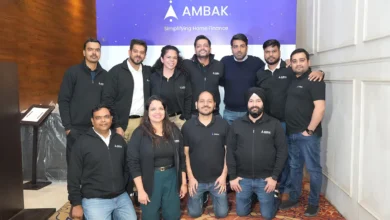Sequoia Capital India, Southeast Asia’s Surge led $3 M Seed funding secured by Dozer

Dozer, an open-source data infrastructure platform with a Singaporean base, announced $3 million in seed funding.
Gradient Ventures and January Capital joined the fundraise, which was spearheaded by Sequoia Capital India and Southeast Asia’s Surge, according to a statement from Dozer.
The new funding will help the engineering and product teams grow; the statement claims.
“We believe that companies will continue to invest in real-time, data-driven products that offer users a 10 times experience – and the picks and shovels that enable this will unlock tremendous value. Dozer offers a novel approach to building data APIs, playing in a very strategic and potentially large TAM,” said Matteo and Vivek, Co-founders of Dozer.
“Dozer was born from the result of multiple painful experiences in delivering scalable data products at different organisations such as DBS Bank, Goldman Sachs, DataRobot, and PaySense (now PayU),” they said.
Dozer was created in the open-source programming language Rust, which is renowned for its speed.
It can be expanded to support new data sources or transformations while maintaining performance and memory safety.
Vivek Gudapuri and Matteo Pelati jointly founded the company. With more than 20 years of software and data engineering expertise, Matteo has built real-time data platforms at some of the most data-driven yet architecturally complex companies, including Goldman Sachs, DBS, and DataRobot. He has also served on data engineering leadership teams.
Vivek has extensive experience in both product and platform engineering, having managed technical teams and scaled platforms in rapidly expanding tech firms like PaySense and Yojee.
Dozer has come out of hiding and opened up its platform to developers, enabling engineers to quickly create highly scalable real-time data APIs.
Dozer provides engineers with a plug-and-play data infrastructure backend that enables them to quickly connect to any data source, combine them, and create real-time APIs to build end-user applications in minutes, all with a simple configuration.
With the help of the company’s connections to numerous databases like Postgres and MySQL, data warehouses like Snowflake, and even the Ethereum blockchain ledger, engineers can combine data from various sources to gain real-time insights and develop features for customer personalization.





